Australia's climate change minister admits "we've left it very late" to take action on climate change as he plans to restrict emissions from new fossil fuel projects and the existing biggest polluters.
Subscribe now for unlimited access.
or signup to continue reading
"I understand people's desire to do more and I hope we do do more as a country," Chris Bowen told the ACM network ahead of the United Nations Climate Change Conference (COP27) in Egypt.
"But we've left it very late.
"We have 86 months to reduce emissions by 43 per cent."
The national emissions target of a 43 per cent cut below 2005 levels by 2030 - and net zero by 2050 - which passed parliament in September, has been criticised as not ambitious enough.
"Starting in 2022 to achieve emissions reduction targets by 2030 is extraordinarily late to be starting such a big transformation," Mr Bowen said.
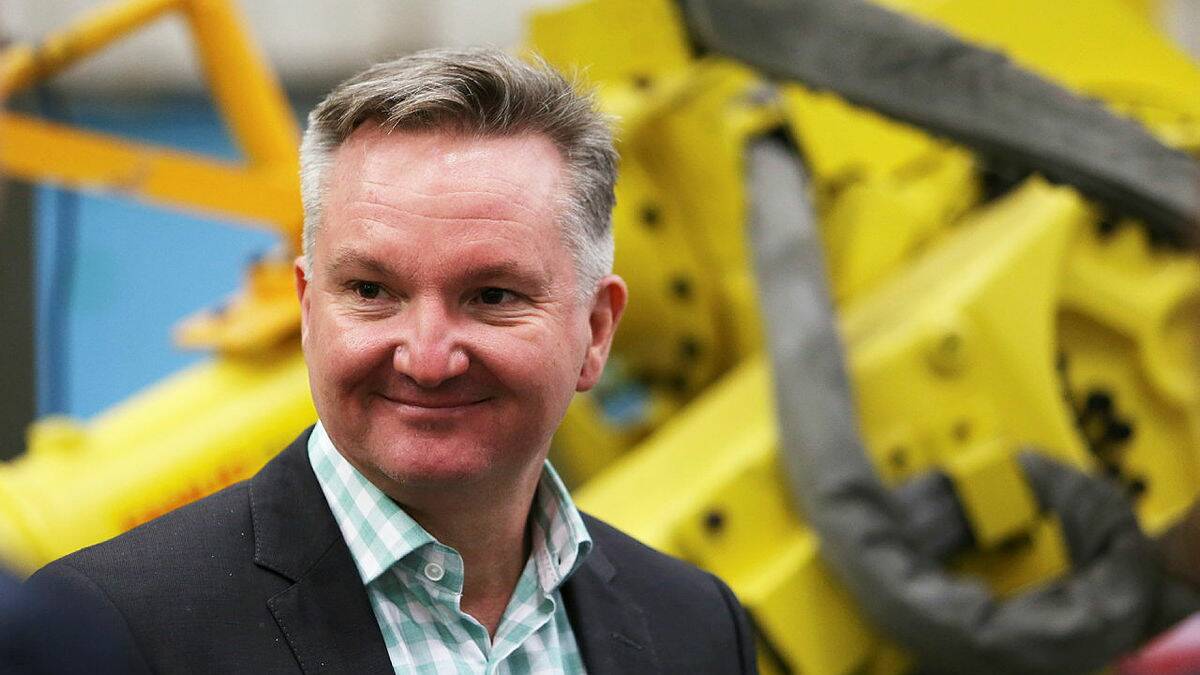
Cracking down on big polluters
Despite calls for the Labor government to ban new gas and coal projects, he said any of Australia's 114 known proposals would go through the usual approval processes.
But "reforming the safeguard mechanism to put restrictions on emissions from the highest emitters" was a priority and would also apply to any new projects, he said.
The safeguard mechanism, introduced by the Coalition, was designed to place a limit on emissions from Australia's biggest 215 polluters. If they exceeded the limit, they would be fined or have to buy carbon offsets - pay for someone else reducing carbon elsewhere.
But it's been largely ineffective as companies can change their baseline limit. Emissions from large companies bound to the mechanism have actually increased by around 25 per cent, according to the Climate Council.
"The safeguard mechanism, in its current form, is not set up to deliver emissions reduction," the Climate Council said in a review submission in September.
But the 2022-23 budget committed $42.6 million to restore the Climate Change Authority and introduce an annual climate change statement to parliament to increase transparency around climate-related spending.
Mr Bowen wants local councils and state governments to "continue to lead" the fight against climate change but in the national framework of Labor's "powering Australia" plan, its blueprint for addressing climate change.
Sharing the climate burden
Dr Melanie Pill, a research fellow at the Institute for Climate at the Australian National University (ANU), said action on climate change needs to occur "from the top down".
"It is a responsibility for all of us to address and think about climate change and, from a government point of view, it needs to come from the top.
"But it also then needs to trickle down into state and local governments," she said.
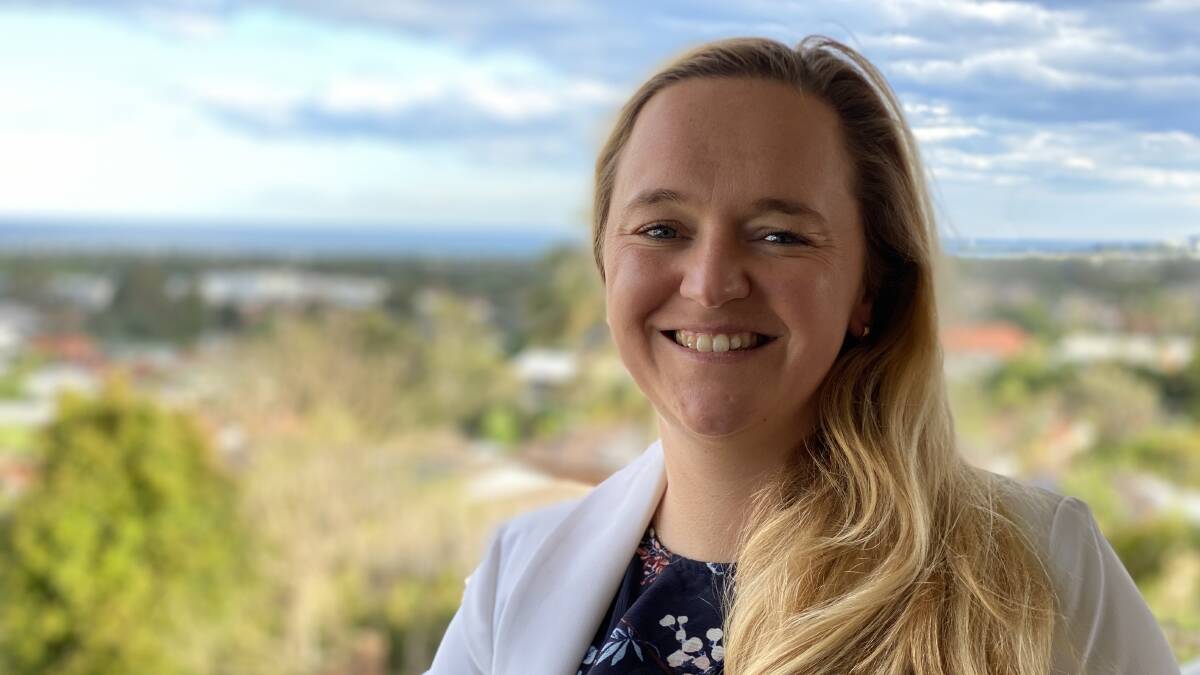
Dr Pill said Labor had made progress since it was elected in May 2022, but it was "nowhere near enough to make up for the inaction that we had over the last 10 years from the Liberal government".
Good climate change policy had a "very strong and clear direction ... that includes mitigation and adaptation" to deal with extreme weather events like bushfires and floods.
"If we haven't gotten our act together by 2030 there's no way we're able to reach the 1.5 [degrees Paris Agreement target] by the end of this century," she said.
Communities drive solutions
Local councils have often led the community response in the past decade, setting their own targets and funding adaptive and mitigation projects such as energy-efficient LED street lighting, installing electric vehicle charging stations, using recycled road materials, and increasing tree canopy coverage.
But councils have fewer resources and rely on funding from state and federal governments to deal with climate change.
Australian Local Government Association (ALGA) executive director Liz de Chastel said "the cost burden is getting greater" for local councils.
"We know that with all the flooding and rain on the east coast, there is a lot of damage going on to local roads and a lot of potholes which leads to a huge backlog of asset maintenance for councils," she said.
"We believe that councils are severely underfunded at the moment and that is a real concern for many councils."
We didn't break it, but we'll fix it
Responding to demand from young people living through increasingly severe disasters, universities are offering courses for students who want to be part of the solution.
Katie Robson, an environment and sustainability student at ANU, chose her degree because she is worried about climate change.
"If I'm going to do something for work, I want to do something where I want to be able to help those things and fix them," she said.
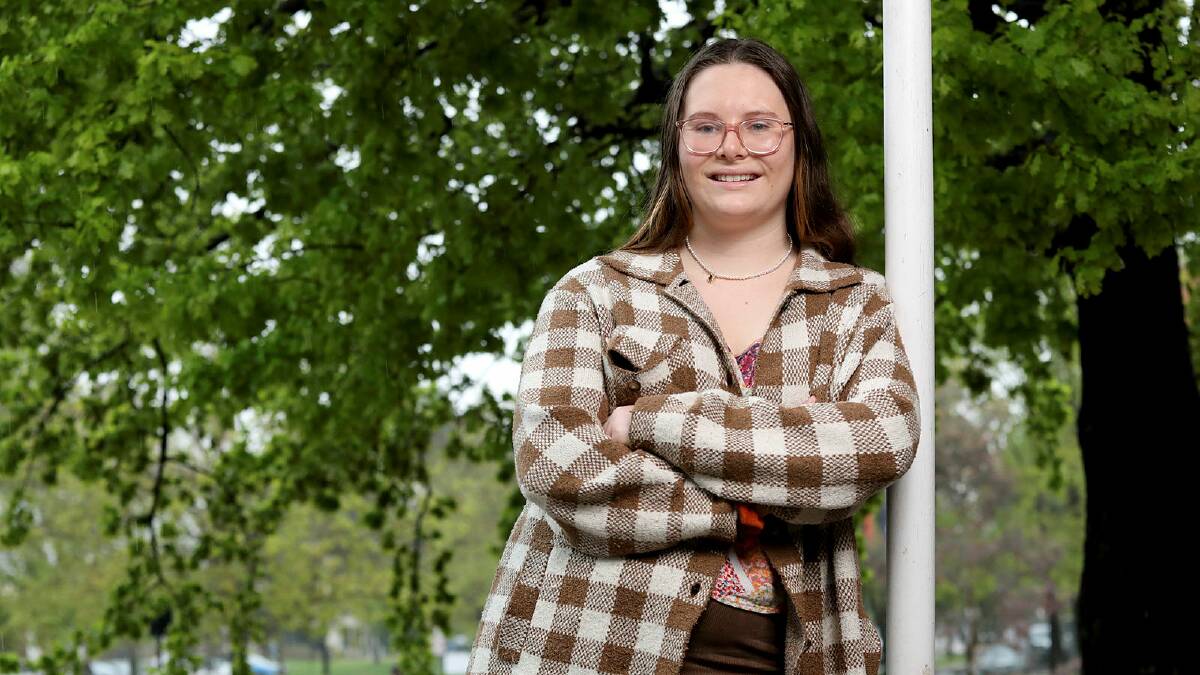
Ms Robson, from Terrigal on the central coast of NSW, moved to Canberra to study but said young people are frustrated with the lack of government action over climate change.
"It's very disappointing and kind of overwhelming at the same time. Because it's not really a problem we caused and, as much as we want to try and fix it, we're not also given the power to do that," she said.
It makes her anxious because "there's nothing I can do except watch it all unfold terribly".
She tries to reduce her own impact on the environment, like not eating red meat and composting, but finds it frustrating.
"I feel like I'm trying really hard. A lot of people my age are trying really hard to do something and no one else is trying to help the problem," she said.
But she is still optimistic.
"It's a problem, but it can be fixed," Ms Robson said.
We need to talk
Fellow ANU student Brooke Zuidema, who is learning about environment and archaeology, grew up on a dairy farm in Victoria's south Gippsland.
Throughout her childhood she saw a disregard for the natural environment first-hand.
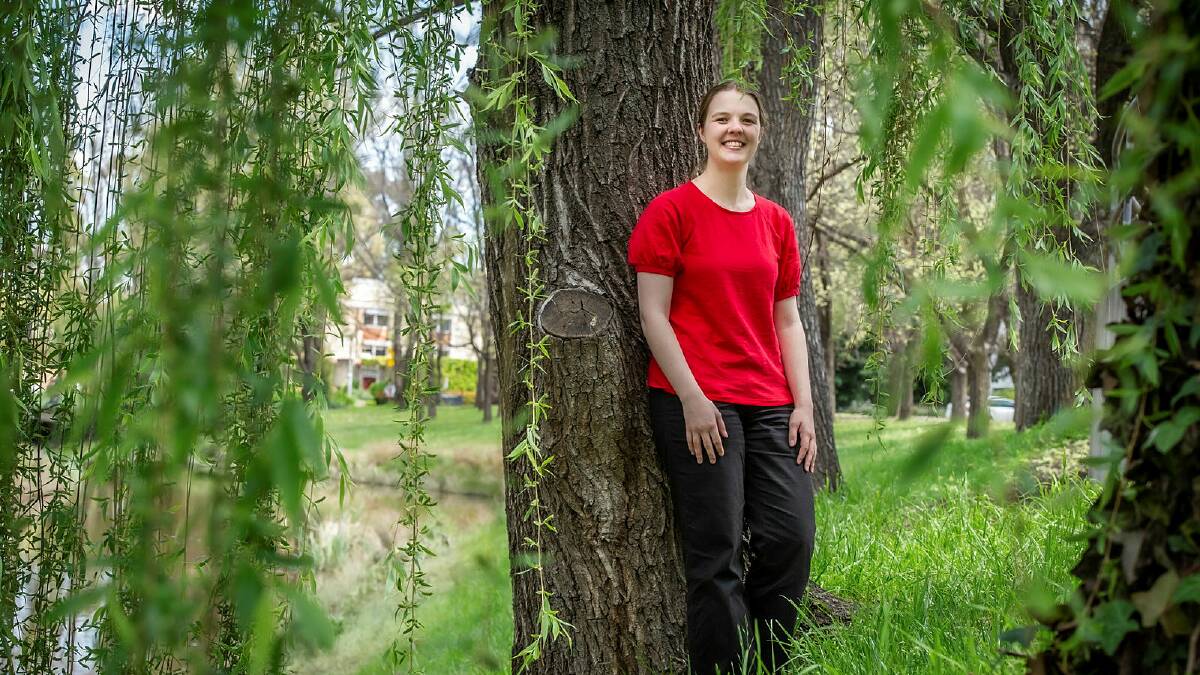
The 22-year-old has been working to break down "those misconceptions and opening up that dialogue" about climate change and the impact of agriculture.
State government grants for her parents helped encourage climate mitigation by farmers but she said there is a "disconnection with federal layers" of government.
"There's not strong enough penalties. There's not an understanding of how different parts of the environment interact and how they all need to be protected to ensure continuing function," Ms Zuidema said.
By learning about climate policy and legal frameworks, she hopes to encourage better communication between lawmakers, communities, and people who can forge solutions.
'It's not too late'
Mr Bowen said young Australians should take heart.
"We have two things; we have agency and urgency," he said.
"If you look at all the reports, it's not too late. The world has already warmed 1.1 [degrees]. But it's not too late to hold the world as close as possible to 1.5," he said.
"But we do also have urgency. It means we need to act quickly."
- with Ruby Pascoe
Soofia's story
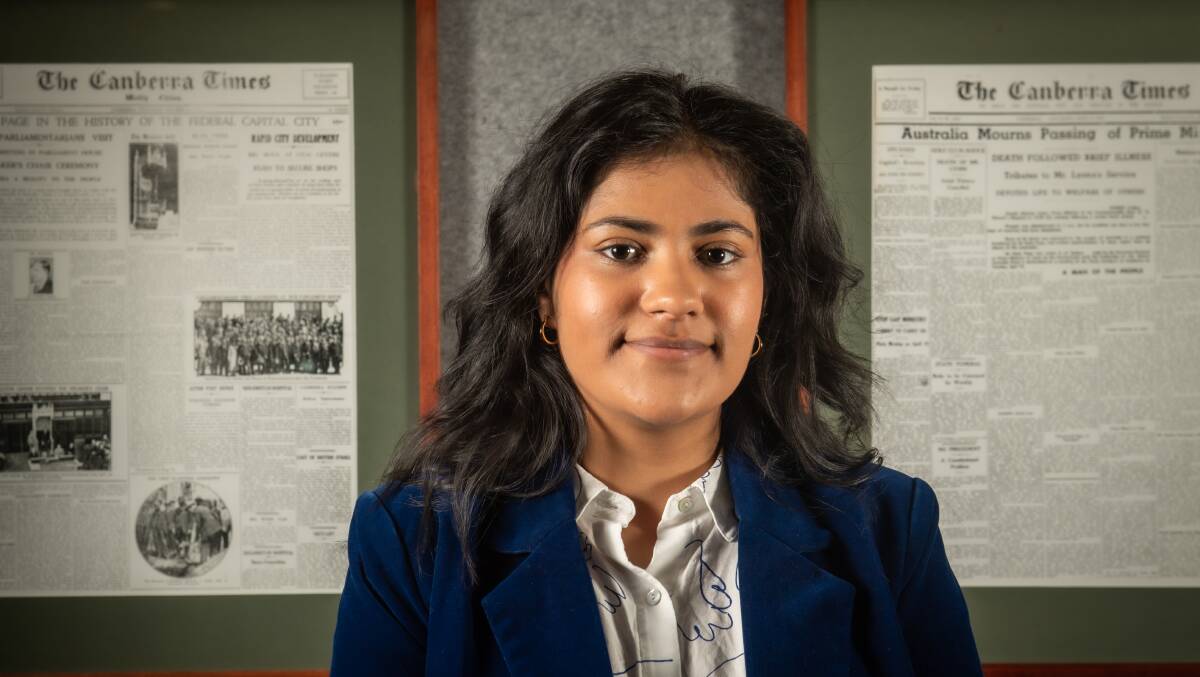
As a student journalist at uni, I saw first-hand the impact of bushfires - on the environment and people.
I've interviewed dozens of experts and politicians about why Australia's energy policy has been heavily focused on coal and gas, rather than a just transition to renewables.
Since moving to Canberra this year I've noticed a stark contrast between what happens on the ground and what politicians talk about.
Being a journalist means sometimes reporting on fires, floods and dying species.
For a 21-year-old, it's heartbreaking to think about an apocalyptic future.
Just in the past few months my two countries, Australia and Pakistan, have experienced immense flooding, killing people and devastating communities.
But I have also met people who are finding solutions, making change, and dedicating their lives to saving the environment.
Our future depends on them.
You can read the full Young and Regional: Our Climate Future series here.


